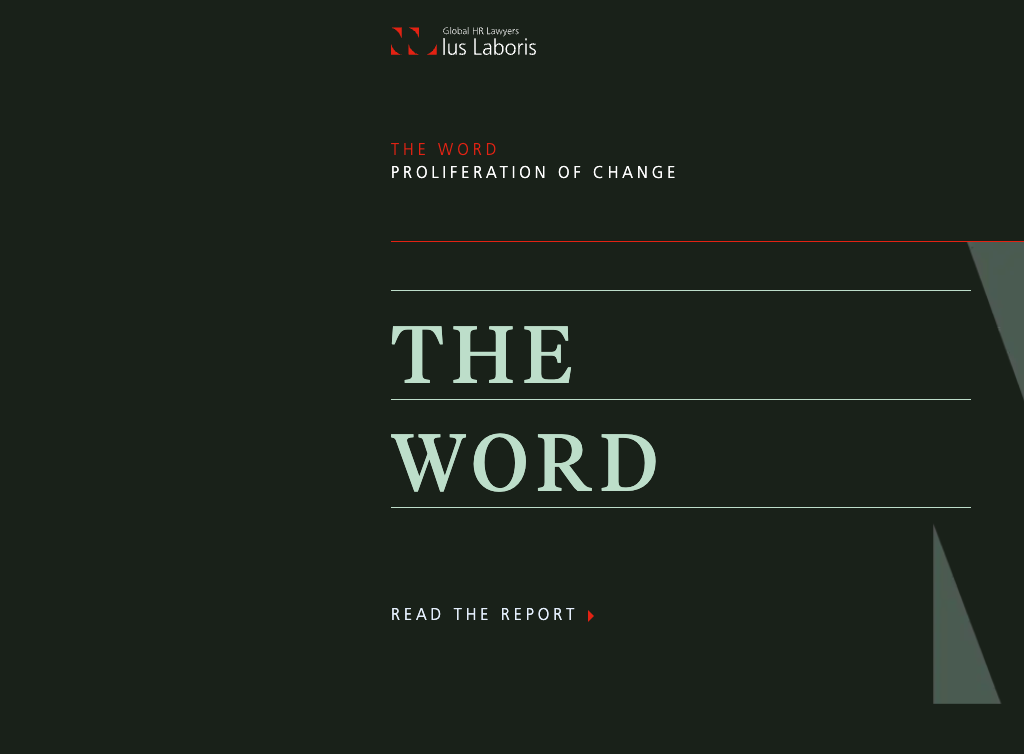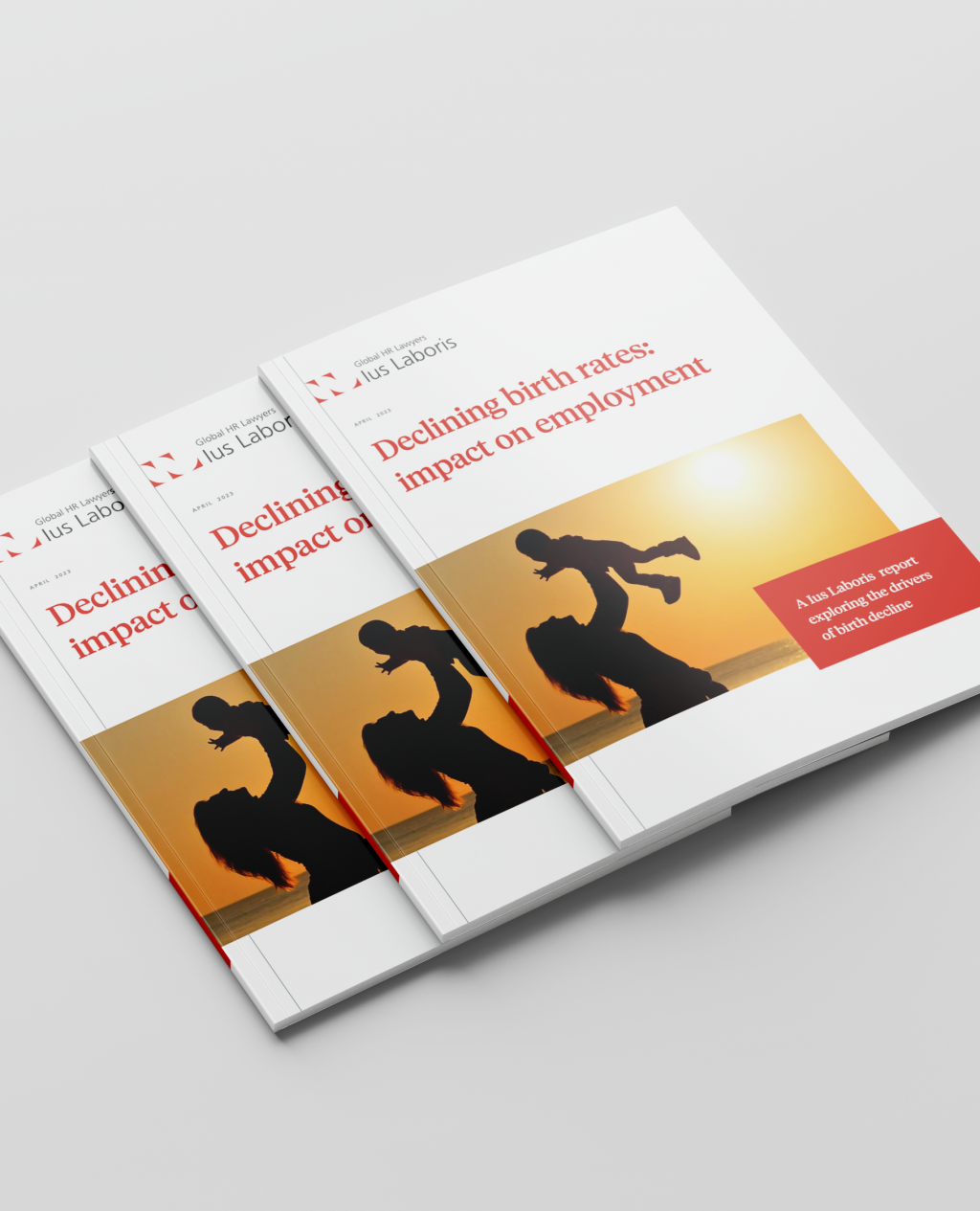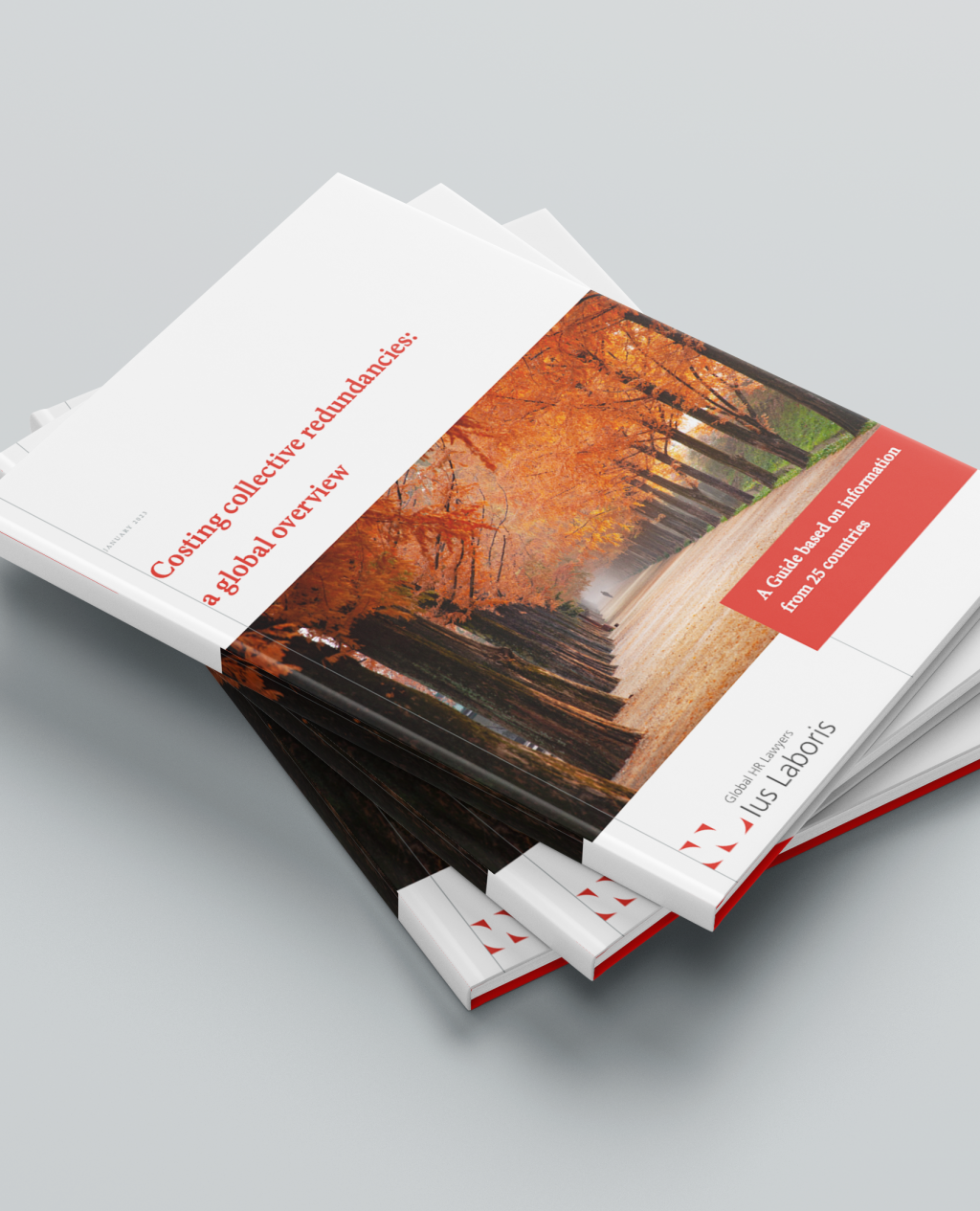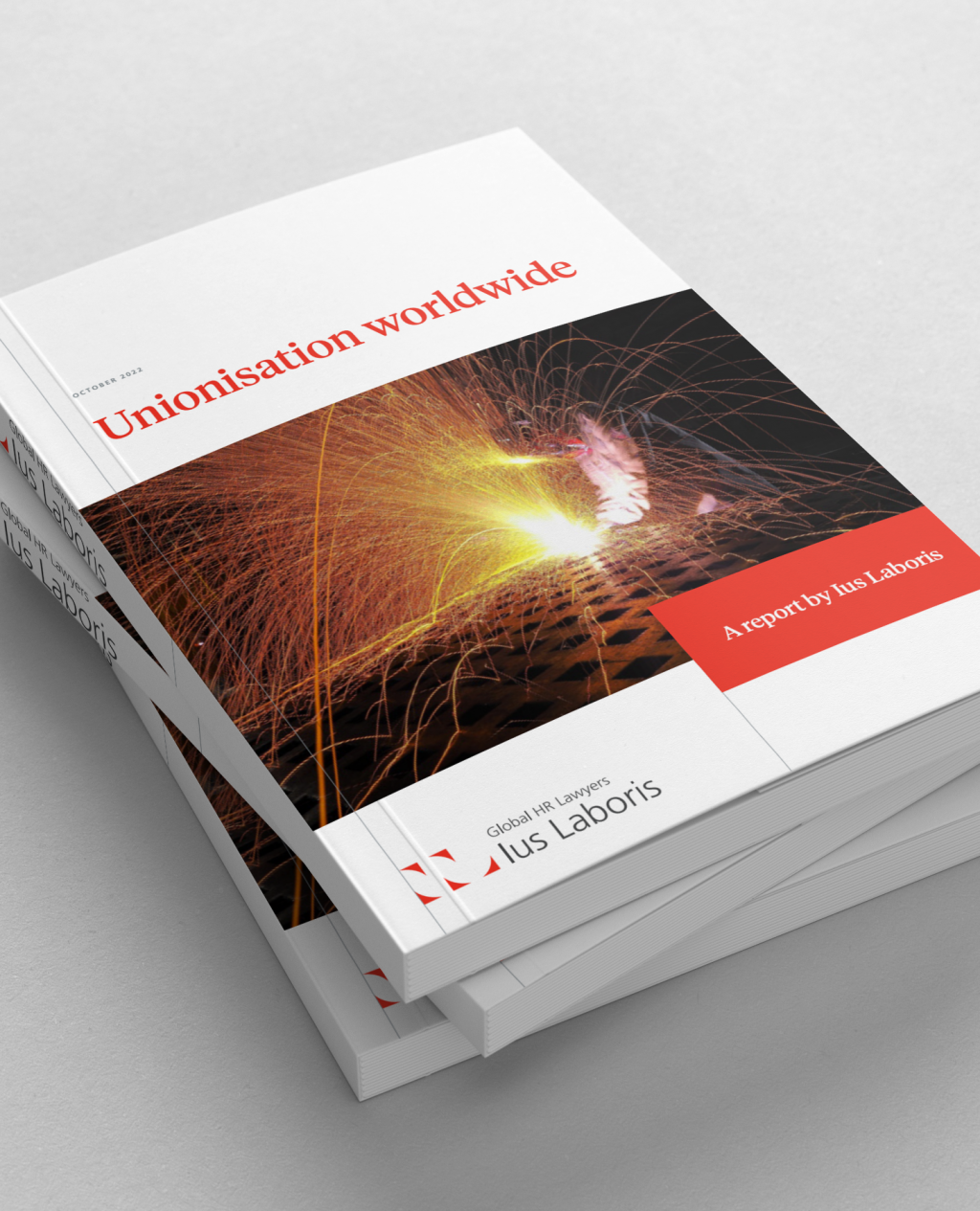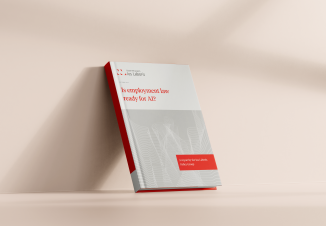-
Argentina
Bruchou & Funes de Rioja
Bruchou & Funes de Rioja
-
Australia
Corrs Chambers Westgarth
Corrs Chambers Westgarth
-
Austria
Schima Mayer Starlinger
Schima Mayer Starlinger
-
Bahrain
Al Tamimi & Co (Bahrain)
Al Tamimi & Co (Bahrain)
-
Belgium
Claeys & Engels
Claeys & Engels
-
Brazil
Veirano Advogados
Veirano Advogados
-
Bulgaria
BOYANOV & Co.
BOYANOV & Co.
-
Canada
Mathews Dinsdale
Mathews Dinsdale
-
Chile
Munita & Olavarría
Munita & Olavarría
-
China
Fangda Partners
Fangda Partners
-
Colombia
Brigard Urrutia
Brigard Urrutia
-
Croatia
Divjak Topić
Bahtijarević & Krka
Divjak Topić
Bahtijarević & Krka
-
Cyprus
George Z. Georgiou
& Associates LLC
George Z. Georgiou
& Associates LLC
-
Czech Republic
Randl Partners, advokátní kancelář, s.r.o.
Randl Partners, advokátní kancelář, s.r.o.
-
Denmark
Norrbom Vinding
Norrbom Vinding
-
Estonia
COBALT (Estonia)
COBALT (Estonia)
-
Finland
Dittmar & Indrenius
Dittmar & Indrenius
-
France
Capstan Avocats
Capstan Avocats
-
Germany
Kliemt.HR Lawyers
Kliemt.HR Lawyers
-
Greece
KREMALIS LAW FIRM
KREMALIS LAW FIRM
-
Hong Kong
Lewis Silkin (Hong Kong)
Lewis Silkin (Hong Kong)
-
Hungary
Bozsonyik-Fodor Legal
Bozsonyik-Fodor Legal
-
India
Kochhar & Co.
Kochhar & Co.
-
Ireland
Lewis Silkin Ireland LLP
Lewis Silkin Ireland LLP
-
Israel
Herzog Fox & Neeman
Herzog Fox & Neeman
-
Italy
Toffoletto De Luca Tamajo
Toffoletto De Luca Tamajo
-
Japan
Anderson Mori & Tomotsune
Anderson Mori & Tomotsune
-
Kazakhstan
AEQUITAS Law Firm
AEQUITAS Law Firm
-
Latvia
COBALT (Latvia)
COBALT (Latvia)
-
Lithuania
COBALT (Lithuania)
COBALT (Lithuania)
-
Luxembourg
CASTEGNARO
CASTEGNARO
-
Malta
Ganado Advocates
Ganado Advocates
-
Mexico
Basham, Ringe y Correa S.C.
Basham, Ringe y Correa S.C.
-
Netherlands
Blom Veugelers Zuiderman Advocaten
Blom Veugelers Zuiderman Advocaten
-
Netherlands
Bronsgeest Deur Advocaten
Bronsgeest Deur Advocaten
-
New Zealand
Kiely Thompson Caisley
Kiely Thompson Caisley
-
Norway
Advokatfirmaet Hjort DA
Advokatfirmaet Hjort DA
-
Peru
Vinatea y Toyama
Vinatea y Toyama
-
Poland
Raczkowski
Raczkowski
-
Portugal
pbbr
pbbr
-
Romania
Nestor Nestor Diculescu Kingston Petersen (NNDKP)
Nestor Nestor Diculescu Kingston Petersen (NNDKP)
-
Saudi Arabia
Al Tamimi & Co (Saudi Arabia)
Al Tamimi & Co (Saudi Arabia)
-
Serbia
Karanovic & Partners
Karanovic & Partners
-
Singapore
Rajah & Tann Singapore
Rajah & Tann Singapore
-
Slovakia
NITSCHNEIDER & PARTNERS
NITSCHNEIDER & PARTNERS
-
Slovenia
ŠELIH & PARTNERJI Law Firm
ŠELIH & PARTNERJI Law Firm
-
South Korea
Yulchon LLC
Yulchon LLC
-
Spain
Sagardoy Abogados
Sagardoy Abogados
-
Sweden
Elmzell Advokatbyrå
Elmzell Advokatbyrå
-
Switzerland
Blesi & Papa
Blesi & Papa
-
Thailand
Rajah & Tann Thailand
Rajah & Tann Thailand
-
Turkiye
Bener Law Office
Bener Law Office
-
Ukraine
Vasil Kisil & Partners
Vasil Kisil & Partners
-
United Arab Emirates
Al Tamimi & Co (UAE)
Al Tamimi & Co (UAE)
-
United Kingdom
Sackers
Sackers
-
United Kingdom
Lewis Silkin
Lewis Silkin
-
Venezuela
D'Empaire
D'Empaire

